
How to Open a Bank Account in New Zealand?
Please contact us and we will help you to organize your trip! It's free and without commitment.
- Read the post
- Details
- Advices
Presentation.
- 1Should I Open a Bank Account?
- 2The Formalities for Opening a Bank Account.
- 3Which New Zealand Bank to Choose?
- 4Which Credit Card to Ask?
- 5What Most NZ Bankers Won’t Tell You ...
Should I Open a Bank Account?

The opening of a bank account is essential.
During your Work Holiday Visa in New Zealand, some employers will pay your salary in cash. You can also use the credit card from your own country to pay merchants or withdraw money in automated teller machines (called ATM).
In theory you could do without the opening of a bank account. But in practice, the holding of a bank account facilitates organization of a Working Holiday Visa.
In addition, the exorbitant cost of operating costs abroad restricts the use of your credit card to one-off operations... I would add that traveling with cash while sharing dorms in a youth hostel is not a very good idea.
Even if thefts are rare, you cannot afford to question your PVT by taking this type of risk.

The account is managed mainly via the Internet.
Finally, and above all, having a bank account increases the chances of success for your job candidatures and makes it possible to be paid more quickly by check (or wire transfer) without having the sums transferred through your country of origin.
In the same spirit, the possibility of receiving money from your family is essential in case of an emergency.
In other words, the opening of a New Zealand bank account is essential.
The remote procedure from abroad is not strictly impossible, but it is unlikely that you will have the required documents before the start of your journey.
As you will see from what follows, the opening of a bank account is a matter of a few hours, but it is mainly the elements to be provided that will be delicate to gather.
The Formalities for Opening a Bank Account.
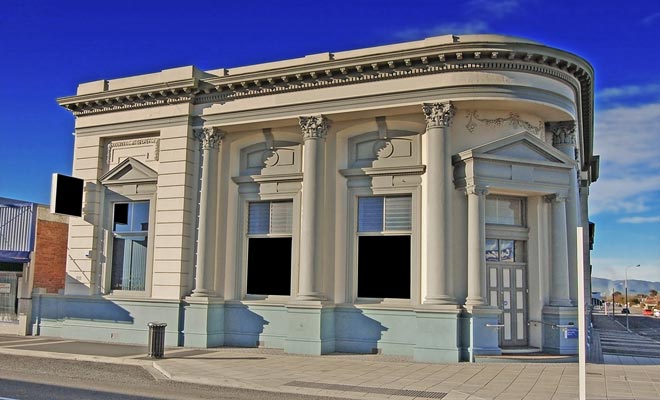
Agencies are often installed in beautiful buildings.
This may seem obvious, but you should start by knowing the opening hours. In New Zealand, banks are open Monday to Friday from 9:30 am to 4:30 pm, but agencies in major cities are often open on Saturday mornings.
A pleasant surprise: most banks in the country offer free current accounts that usually include a credit card.
An ideal scenario for a traveler with a Working Holiday Visal! But it is not that simple...
Former Working Holiday Visa applicants may mislead you if you ask for advice on the subject, as the laws have often changed in recent years.
Since the recent Law against Money Laundering voted in 2013, financial security controls have been strengthened.
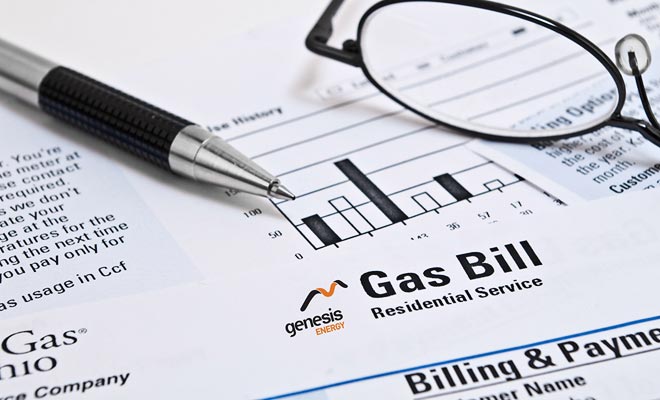
Difficult to provide a proof of residence during a WHV!
Presenting a proof of address has become compulsory for the opening of the current account.
Only then, you have no proof of this nature when you arrive in New Zealand!
The solution is to replace the electricity or telephone bill with the IRD attestation from New Zealand tax services or with a declaration from a youth hostel.
I invite you to consult our guide about the job search in New Zealand to discover how to get the IRD which is also indispensable to find a work in the country.
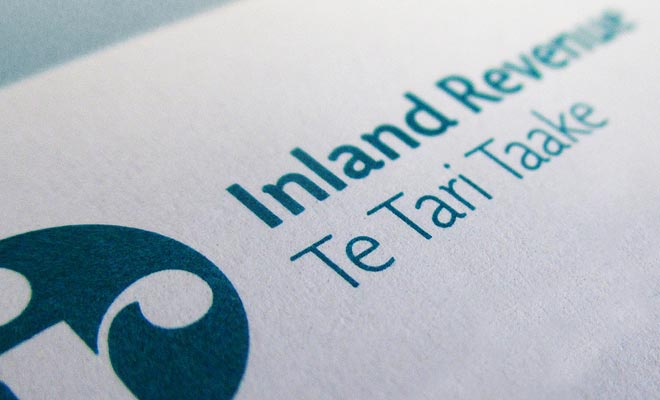
Fortunately, you can give an IRD number.
The IRD number is obtained within one to three weeks. Therefore, unless you find accommodation on the field when you arrive in New Zealand, you will have to survive without a bank account for a while.
Then make an appointment with a banker and present two pieces of identification (avoid photocopies). In theory, a simple passport will do the trick, but an additional driver's license makes it possible to round the corners and speed up the procedure.
In the meantime, I will introduce you to the major banks in New Zealand and the most economical offers for a Working Holiday Visa.
Which New Zealand Bank to Choose?

There are four major banks in New Zealand.
You should only consider opening your account in one of the four biggest banks of New Zealand. I will introduce you to the advantages and inconvenience of every bank offers adapted to a Working Holiday Visa (WHV).
The Kiwis banks generally require equivalent conditions for opening an account. But the accepted documents vary from one bank to another (in particular for the proof of residence). Thus, the Kiwi Bank accepts an attestation of schooling when others refuse it, etc. You will generally be asked for the following documents:
Documents usually required to open an account:
- Passeport.
- Visa (your WHV).
- Proof of residence or IRD number.
- Deposit between $50 and $100.
Kiwi Bank
It is the official New Zealand postal bank. In other words, each post office is a bank for the customers of the Kiwi bank. The most interesting formula for a WHV is called “Free Up”.
Find details on the official website of the Kiwi Bank.
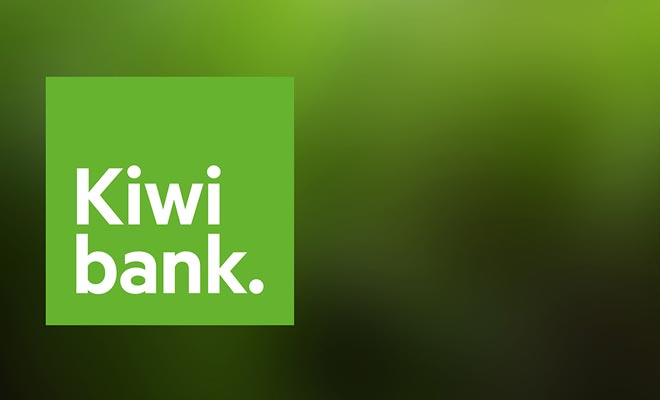
Kiwi Bank is the postal bank of New Zealand.
Advantages
- One of the most attractive offers on the market.
- Posts are present even in the most remote corners of the country.
- Almost immediate account opening
- Ability to manage your account entirely via the Internet.
- Free internet operations (including local transfers).
- No agency fees.
- Visa debit card free during the first year.
Disadvantages
- You will often have to queue with the regular customers at post office.
ANZ
With the largest number of branches in the country, it is the largest bank in New Zealand. The “Go Account” formula should be suitable for Working Holiday Visa travelers.
Find the details of the documents on the official ANZ website.

BNZ is a subsidiary bank of ANZ.
Advantages
- No monthly fees.
- Free internet operations (including local transfers).
- Free withdrawal in ATMS (of ANZ only).
- The style of your EFTPOS debit card can be chosen.
Disadvantages
- Remittance of invoiced checks ($3).
- Deposits and withdrawal of money charged ($3).
BNZ
Subsidiary of the bank ANZ, it is a bank presents all over the territory. Its basic offer called “Smart Money” can suit you if you are between 19 and 30 years old.
Find more details on the official website of the BNZ bank.

ANZ has the largest number of branches.
Advantages
- 30 free withdrawals per month from BNZ' ATMS.
- Withdrawals at the counter.
- Free EFTPOS card for the first year.
- Real Visa debit card possible for $10 a year.
Disadvantages
- The offer is not open to young people under 18 years old.
Westpac
Also established in Australia, Westpac has developed interesting partnerships with other financial institutions. The bank has an interesting offer entitled “Westpac electronic” which can interest young travelers with a Working Holiday Visa.
Find the details of the documents on the official Westpac website.

Wespac is also present in Australia.
Advantages
- No monthly fees for online account management.
- Free withdrawals at Westpac ATMs.
Disadvantages
- Account statements by mail invoiced $3 per month.
- Deposits and withdrawals of money at the counter are not for free ($3)
Which Credit Card to Ask?
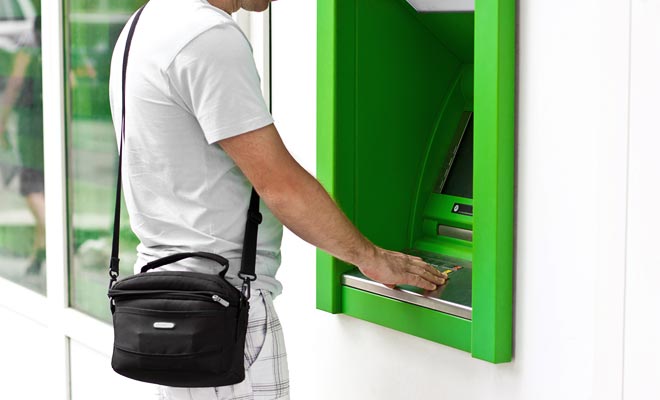
The EFTPOS card is the equivalent of basic debit cards.
Debit cards are offered free of charge by many banks. But one must absolutely differentiate the EFTPOS card from a Visa debit card or a credit card.
The EFTPOS card is the equivalent of a cheap Visa Electron card.
It is a card for young people and students who do not yet have a real income.
An EFTPOS card allows you to pay for purchases in shops and restaurants. It allows you to withdraw money from your bank's ATMs (one dollar billed per withdrawal otherwise).
But it also makes it possible to withdraw money in a shop. The monthly withdraw limit will be set at the opening of your bank account.
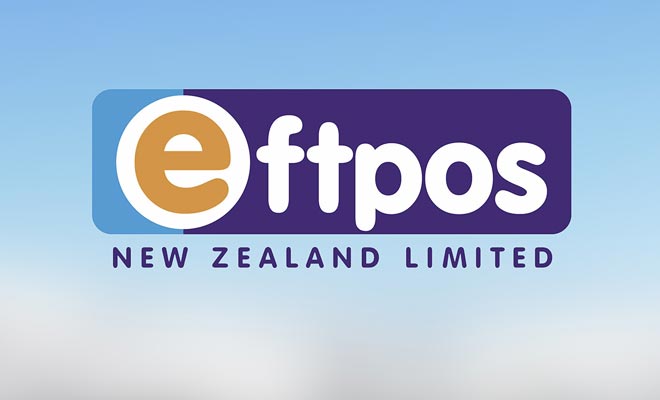
The EFTPOS card doesn't allow to pay by Internet or phone.
Seductive on paper, the EFTPOS card combines two major disadvantages for travelers holding a Working Holiday Visa.
You will not be able to make payments over the Internet or by telephone.
You will not be able to book an accommodation if a credit card number is required, and this is almost always the rule in backpacker hotels.
There is a good chance that your banker will offer you an EFTPOS card at the opening of a your bank account.
But it is better to choose a Visa Debit card, better suited to a Working Holiday Visa.
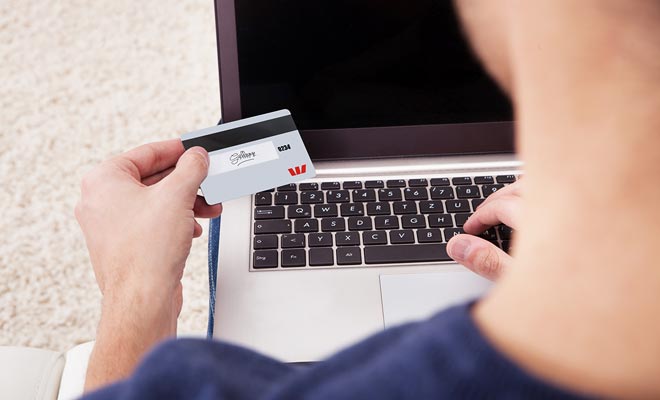
Prefer a real debit card to be able to pay by Internet.
Do not confuse the Visa Debit card with a credit card. In any case, there is little chance that a banker will offer a credit card to a foreigner who is not a candidate for expatriation.
A Visa debit card allows Internet purchases and hotel reservations by telephone. Since the card is produced within a few weeks, the bank will offer you a free EFTPOS card, in the meantime. Check the terms and conditions of the service and compare with other banks before you commit.
Before concluding, I still have a few tips to give and you will be ready to open a bank account.
What Most NZ Bankers Won’t Tell You ...

Bankers will mostly offer you EFTPOS cards.
Keep in mind that a banker is like any other seller. Your profile (a young foreigner traveling with a Working Holiday Visa) is not very interesting in terms of profitability.
Given the fact that you will earn little money (without saving) during your stay, it may be tempting to try to discourage you.
Even if a banker cannot theoretically reject a new client, there are many ways to deny services.
The proof of residence is an excellent way to dismiss your request.
Former travelers with a Working Holiday Visa know that the acceptance of a proof of domicile is a lottery...
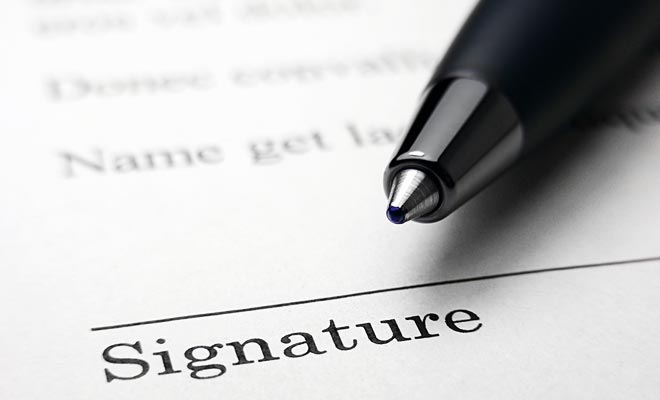
Take time to read your contract before opening an account.
Anyway, providing a simple IRD number could save your day. Yet, it is still necessary to own this document, which is difficult, because the IRD is delivered if you have a bank account! In this Kafka's situation, only a proof of residence from a hotel or a friend can help you. Organizing the planning of your various administrative requirements (accommodation, transport, bank account ...) will be your first challenge in New Zealand.
I would tend to recommend the Kiwi Bank rather than ANZ, BNZ or Westpac.
The prospect of queuing at the post office for an hour is certainly not exciting, but if you manage your operations over the Internet, you will probably only come for the opening and closing of your account...

You'll have to close the account before returning to your country.
Indeed, you will have to remember to close your bank account before leaving the country!
Hidden fees can be hidden in the small lines of your bank contract.... Ask questions and take the time to compare the different bank services.
Before introducing our friend Ben the Kiwi and his traditional section of questions and answers (see right below), I would like to remind you that Kiwipal offers many articles about the Working Holiday Visa in New Zealand. Job search, accommodation, transports, insurance...
Do not hesitate to give us your opinion and I hope you'll enjoy every minute of your stay.


Questions & Answers.

What can I do for you? My mission is to help young people who discover New Zealand with a Working Holiday Visa. Ask me all your questions!
- All topics ... 10 answers in total
- Bank Cards 6 answers
- Banks 4 answers
Bank Cards
- Can I use an ATM in New Zealand?
ATM stands for "Automated Teller Machine". It is simply the name given to ATMs in Anglo-Saxon countries.
- Can I use my own country’s credit card on site?
Yes, visa or MasterCard cards are accepted throughout the country, but each operation implies high bank fees.
- What does EFTPOS mean?
This acronym stands for "Electronic funds transfer at the point of sale". Although the use of EFTPOS is now extended to cash dispensers, the card was historically used to pay small shopping transactions.
- Can I order on the Internet with an EFTPOS?
The EFTPOS card does not allow online purchases (either on the Internet or by phone). Hotel reservations are therefore not possible.
- Why prefer a debit card to an EFTPOS card?
Precisely to be able to pay by the Internet or by telephone and to reserve accommodation or activities.
- Which New Zealand bank do you recommend?
The services of the Kiwi Bank seem to me more suitable to suit a young traveler with a Working Holiday Visa. But you should check by yourself.
Banks
- What are the banks opening hours?
New Zealand banks are open from 9:30 am to 4:30 pm during the week and generally until 12:30 pm on Saturday in major cities. If you arrive in New Zealand on weekends, this is a factor to consider.
- Where can I change some cash?
Exchange offices exist in large cities and medium-sized cities. Unlike banks, these agencies remain open until 9 pm (a late hour in New Zealand!).
- Do I really need a bank account?
Owning a local bank account is essential to avoid operating costs abroad and to have a debit (or credit) card. It is also for safety reasons that it is recommended opening an account.
- Should I choose a bank with Internet access?
This is highly recommended, but in any case, most banks now offer this service free of charge. You still have to get to the Internet and keep your access codes in a safe place.





